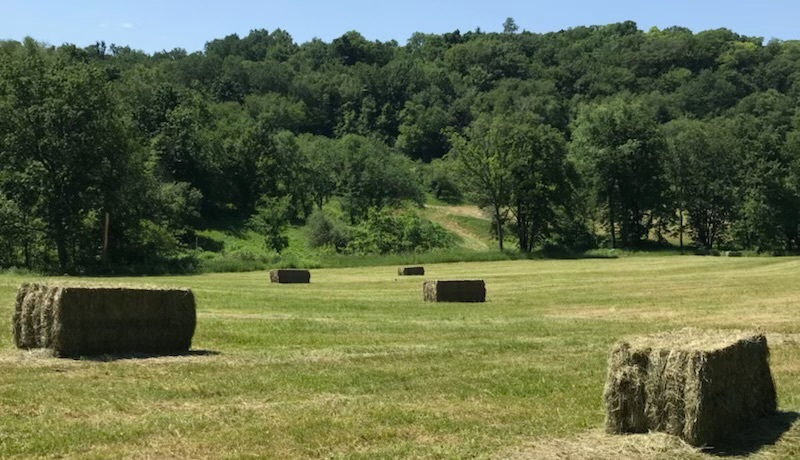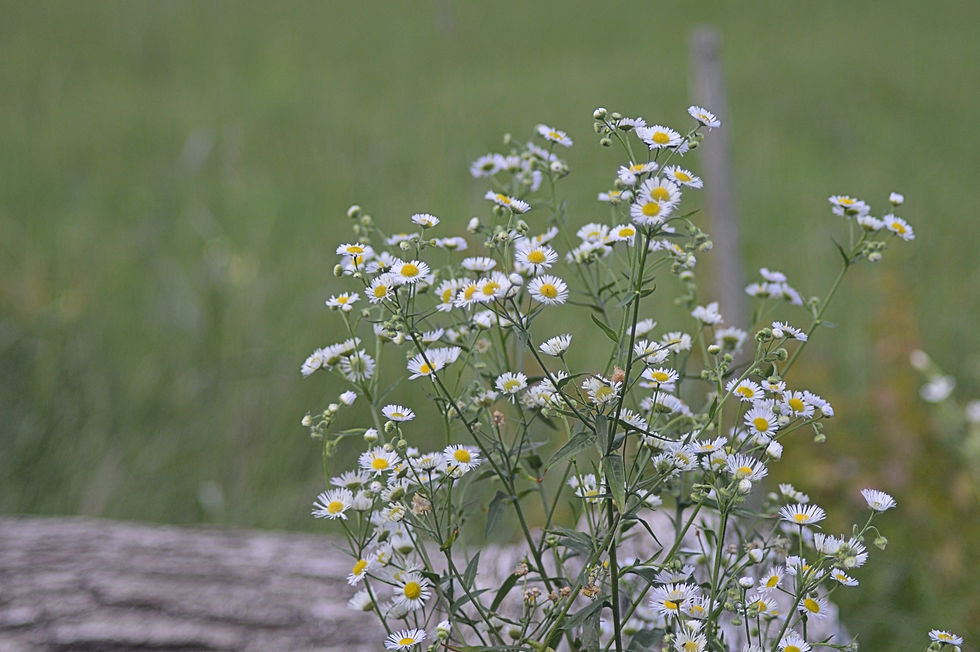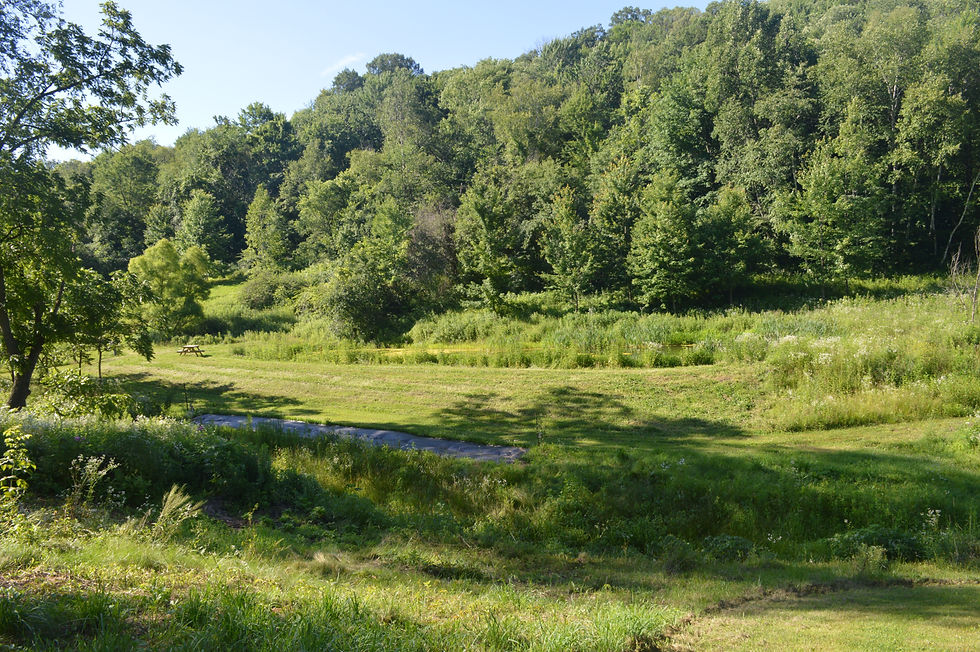In Defense of Dandelions
- Rebecca Clancy
- May 25, 2022
- 2 min read

Sometimes it’s hard to distinguish your friends from your enemies.
Take Holocaust survivor and Nobel laureate author Eli Wiesel. He trusted his financier Bernie Madoff to look out for his interests, to protect and increase his assets – twenty seven millions dollars in all, which represented his life savings and the worth of a nonprofit organization he founded. Madoff swindled him out of every last penny. What he took for his friend was indeed his enemy.
It’s easier to distinguish your friends from your enemies when it comes to plants. Plants aren’t deceptive or devious. They’re just plants – some of which are beneficial to the land and some of which are harmful. To make that determination, it boils down to an internet search. It’s just that simple. But if you don’t do the research, you can’t distinguish what plants are your friends, and what plants are your enemies.
Conduct a quick internet search on dandelions. You will discover that they are super plants. Every bit of them is edible. They are highly nutritious - chock full of vitamins, minerals, and antioxidants. They are reputed to prevent every ailment you can imagine - cancer, inflammation, indigestion, high blood pressure, etc. They have deep tap roots that aerate and nourish the soil. They are attractive to a wide range of pollinators. Not to mention, they are easy to grow. What’s not to love about dandelions?
Yet, most people don’t do the research and cast dandelions as their enemies. And what do you do to your enemies? You avenge yourself on them. You get on your hands and knees and uproot them. You run to ACE in pursuit of Monsanto products.
On my old block in the suburbs, one brave soul refused to do so. An uproar ensued. “I didn’t move to the suburbs for this!” one Karen spat outraged. A petition was circulated.
Yet even if most people conducted the research, I’d bet they would lack the courage to take a stand for dandelions. They couldn't take the heat. Let that sink in. Most people would lack the courage to take a stand for dandelions. Only the likes of Jonathan Swift would be equal to satirizing them.
This wouldn’t be the case during a famine. Necessity would drive us to value dandelions. Perhaps that’s precisely what we lack – necessity. Necessity drives clarity. Necessity drives priorities. Necessity drives ingenuity. Necessity drives solutions. Lack of necessity drives cluelessness. And cluelessness is anything but venial. As the prophet Hosea declared, “My people are destroyed from lack of knowledge.”
And it’s not just dandelions. It’s clover. It’s nettles. It’s purslane. The list is endless.
The only difference between a flower and a weed is judgment.








Comments